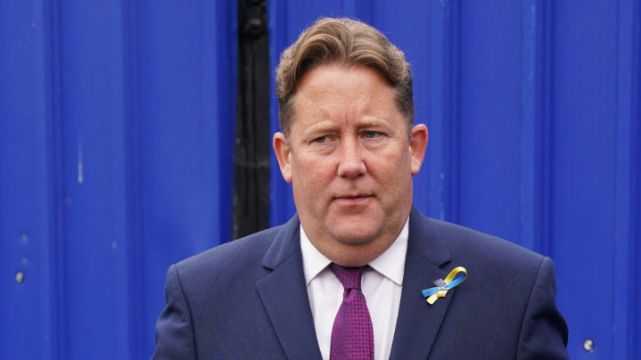A group representing landlords is calling on the Government to take action to prevent what it called an “exodus” of small landlords from the rental market.
It comes after a survey from the Society of Chartered Surveyors of Ireland (SCSI) indicated that 40 per cent of sales instructions in the last quarter of 2022 were landlords selling their investment properties.
According to the survey, although an increase in buy-to-let properties is expected, 78 per cent of SCSI agents said the second-hand rental stock will not be replaced in the next two years – a much more pessimistic view when compared to the start of the year.
The report also stated that the main reason deterring landlords from remaining in the market is “overly complex legislation”.
In response, the Irish Property Owners’ Association is calling on the Government to reduce tax rates of up to 52 per cent in place for non-institutional landlords, and to ease regulations.
It also called on the Government to “urgently” incentivise landlords to stay, in a “meaningful and not cosmetic” way.
The IPOA added that the “miniscule” measures introduced for the sector in Budget 2023 had “no impact on stemming the exodus of landlords from the market”.
“The alarming numbers published by the SCSI confirm that landlords are leaving the market in significant numbers, in the face of unsustainable taxation and regulatory burdens,” it said in a statement.
Citing a survey carried out with Institute of Professional Auctioneers and Valuers (IPAV) which showed 57 per cent of landlords with properties in Rent Pressure Zones planned to sell their property, the IPOA said it was clear landlords were following through on their actions.
'Extremely alarming'
IPOA chairwoman Mary Conway said the figures “are extremely alarming, but not at all surprising”.
“The IPOA has been highlighting this problem, and its trickle-down effect on the availability of quality rental accommodation, to Government for years, without adequate recourse.
“The SCSI’s findings should be sobering reading for those who argue that we can achieve a sustainable rental market solely by increasing the regulatory burden on the sector.
“We welcome indications from An Taoiseach that he aspires to introduce new incentives for landlords, but these need to be meaningful and not cosmetic, if he is to resolve the exodus of private landlords from the market.
“These latest figures underscore the need for a fundamental rebalancing of the approach to this policy issue, rather than continuing with menial tweaks to the system, which only incentivise landlords to sell up.
“Therefore, a reduction of tax on private landlords’ rental income with a commensurate rise in the rate paid by institutional investors in residential property will achieve an outcome that will avert further blockages to housing supply.”
Ministers and groups including the tenancy rights organisation Threshold have said that small landlords – who are more likely to charge lower rents – are leaving the rental sector.
This is putting an even greater squeeze on the number of affordable properties in Ireland, amid what the government said is a challenging situation to provide suitable accommodation to those in need.

Ahead of Budget 2023, speculation circulated that the Government could take measures to encourage landlords to stay in the market, including the possibility of a reduction in their rate of tax.
Instead, the Government made changes to the pre-letting expenses regime for landlords by doubling the amount that can be claimed per premises to €10,000 and by reducing the period for which a premises must be vacant from 12 to six months.
Michael McGrath – the then-public expenditure minister, now the minister for finance – said the changes were “a signal from the Government to landlords [that] we want you to stay and we want people who are interested in investing in property to look at it as a viable proposition”.







